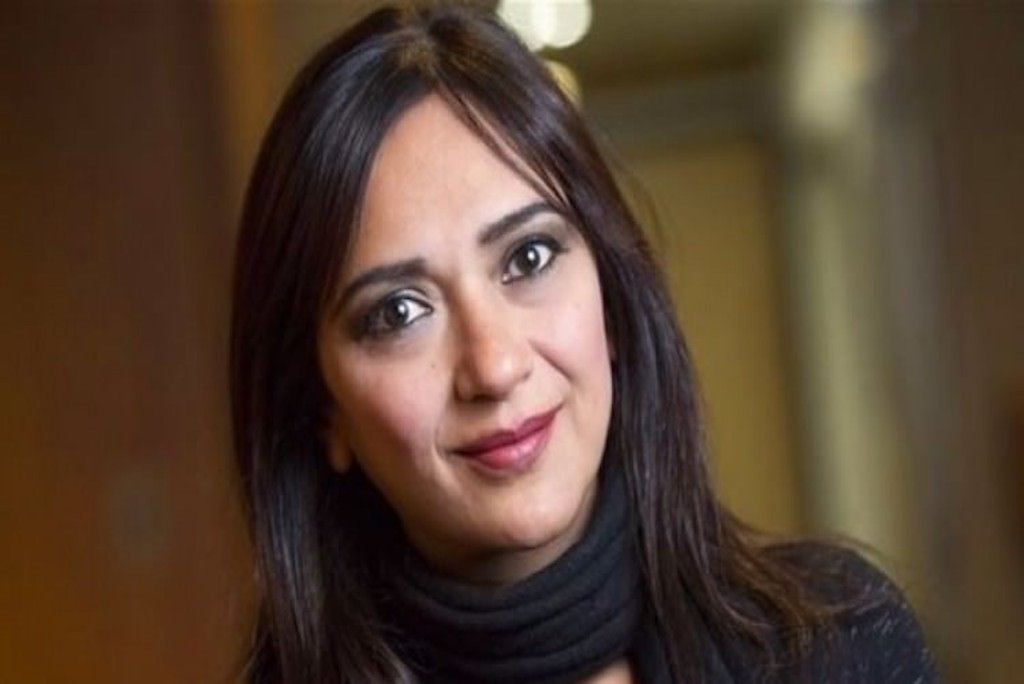The US Department of State has underlined in a recent report that Ankara continued to limit the rights of non-Muslim religious minorities, especially those not recognized under the government’s interpretation of the 1923 Lausanne Treaty, which includes only Armenian Apostolic Orthodox Christians, Jews, and Greek Orthodox Christians.
According to Turkish Minute, Turkey’s ruling Justice and Development Party (AKP) was criticized in the report released on Wednesday for many rights violations, including restricting efforts of minority religious groups to train their clergy and making it difficult for them to open or operate houses of worship and obtain exemptions from mandatory religion classes in schools.
“The government continued to provide training for Sunni Muslim clerics while restricting other religious groups from training clergy inside the country. The Greek Orthodox and Armenian Orthodox Patriarchates remained unable to train clergy within the country,” the report, titled “2020 Report on International Religious Freedom: Turkey,” said.
It also noted that religious minorities again had reported difficulties opening or operating houses of worship and resolving land and property disputes and legal challenges of churches whose lands the government had previously expropriated.
According to the report Turkish authorities continued not to comply with a 2013 European Court of Human Rights (ECtHR) ruling that found the government’s compulsory religion courses in public schools violated educational freedom.
“Non-Sunni Muslims and non-practicing Muslims said they continued to face difficulty obtaining exemptions from compulsory religious instruction in primary and secondary schools and often had to choose from electives dealing with different aspects of Sunni Islam, particularly if their identification cards listed their religion as Muslim,” it said.
The report further stated that only students who marked “Christian” or “Jewish” on their national identity cards could apply for an exemption from religion classes, which are two hours per week in grades four through 12, while atheists, agnostics, Alevis and other non-Sunni Muslims, Baha’is, Yezidis, Hindus, Zoroastrians, Confucians, Taoists and Buddhists were rarely granted exemptions from the classes.
The report also expressed concern over Ankara’s move to convert the famous Hagia Sophia and Chora Museum into mosques last year, while emphasizing that the Greek Orthodox Halki Seminary remained closed in 2020.
It further stated concern over the government’s stance towards Alevis -– who comprise between 25 and 31 percent of the Turkish population according to the report –- regarding the AKP’s education policies in addition to its rejection to efforts to recognize Alevi gathering houses, also known as cemevis, as places of worship.
“The government continued to treat Alevi Islam as a heterodox Muslim ‘sect’ and did not recognize Alevi houses of worship (cemevis), despite a 2018 ruling by the Supreme Court of Appeals that cemevis are places of worship,” the report highlighted.















